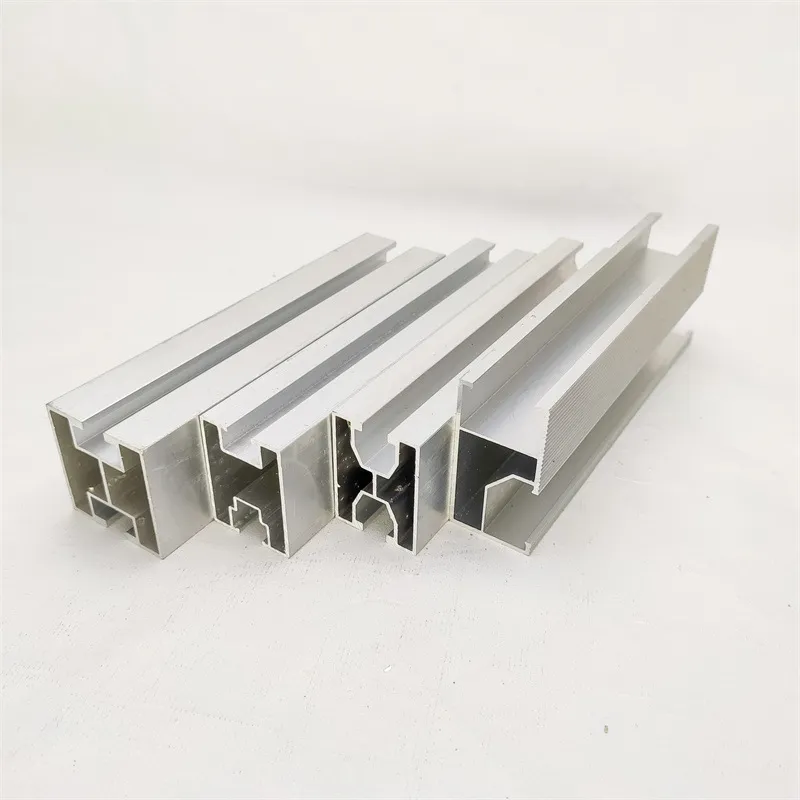

a metal washer
พ.ย. . 22, 2024 08:34 Back to list
a metal washer
The Versatile Metal Washer An Essential Component in Modern Engineering
In the world of engineering and manufacturing, seemingly simple components often play critical roles in ensuring the stability and functionality of larger assemblies. One such component is the metal washer. Though unassuming in appearance, these small discs wield significant power in mechanical systems, providing essential support, distributing loads, and preventing damage to surfaces.
What is a Metal Washer?
A metal washer is a disk-shaped piece of metal with a hole in the center used to distribute the load of a threaded fastener, such as a screw or bolt. It is typically made from materials such as steel, stainless steel, or aluminum, depending on the application’s requirements for strength, corrosion resistance, and weight. Metal washers come in various shapes and sizes, from flat washers to lock washers, each designed for specific functions.
Types of Metal Washers
1. Flat Washers The most common type, flat washers, are used to distribute the load and prevent damage to the surfaces being fastened. They are often employed in conjunction with bolts and nuts to provide a smooth surface that minimizes friction and wear.
2. Lock Washers These are designed to prevent nuts and bolts from loosening due to vibration or movement. Lock washers come in several designs, including split lock washers and toothed lock washers, which create tension and friction to maintain a tight fit.
3. Fender Washers With a larger diameter than standard flat washers, fender washers are ideal for applications that require a larger surface area to distribute the load. They are commonly used in automotive and construction projects where extra support is necessary.
4. Sealing Washers Often used in plumbing and automotive applications, sealing washers are designed with a rubber or plastic coating to prevent leaks. These washers provide a tight seal that can withstand various environmental conditions, ensuring longevity and reliability.
a metal washer

The Importance of Metal Washers in Engineering
Metal washers may seem trivial at first glance, but their absence in a structural assembly can lead to severe consequences. Engineers understand that even minor components can have a significant impact on the overall system's performance.
When used correctly, washers prevent damage to surfaces by distributing the load evenly across the fastener, minimizing stress concentrations. This not only prolongs the life of the materials but also enhances the reliability of the assembly. For example, in heavy machinery, the vibrations generated during operation can loosen bolts over time. By integrating lock washers, engineers can mitigate this risk, ensuring that components remain securely fastened.
Moreover, metal washers play a vital role in the efficiency of production processes. Their ability to enhance assembly strength means that manufacturers can reduce the weight of products without compromising performance. This is particularly important in industries such as aerospace, where reducing weight can lead to significant savings in fuel consumption and emissions.
Applications Across Industries
The versatility of metal washers enables their use across a wide array of industries, including automotive, construction, aerospace, and electronics. In the automotive sector, washers are crucial in engine assembly and body mounting. In construction, they are often utilized in structural applications to ensure the integrity of beams and supports.
The aerospace industry relies heavily on high-quality metal washers to maintain the safety and durability of aircraft components. In electronics, washers are used to secure connections on circuit boards and ensure proper grounding.
Conclusion
In the realm of engineering and manufacturing, the significance of the metal washer cannot be overstated. As a simple but essential component, washers provide critical functions that contribute to the safety, reliability, and efficiency of various systems. As industries continue to evolve and demand more sophisticated solutions, the role of metal washers will only grow in importance, making them indispensable in modern engineering. Whether in heavy machinery or intricate electronics, these small yet mighty components remain the unsung heroes of countless applications.
Latest news
-
Hot Dip Galvanized Bolts-About LongZe|High Strength, Corrosion Resistance
NewsJul.30,2025
-
High-Strength Hot Dip Galvanized Bolts - Hebei Longze | Corrosion Resistance, Customization
NewsJul.30,2025
-
Hot Dip Galvanized Bolts-Hebei Longze|Corrosion Resistance&High Strength
NewsJul.30,2025
-
High-Strength Hot-Dip Galvanized Bolts-Hebei Longze|Corrosion Resistance&High Strength
NewsJul.30,2025
-
Hot Dip Galvanized Bolts-Hebei Longze|Corrosion Resistance&High Strength
NewsJul.30,2025
-
Hot Dip Galvanized Bolts - Hebei Longze | Corrosion Resistance, High Strength
NewsJul.30,2025

